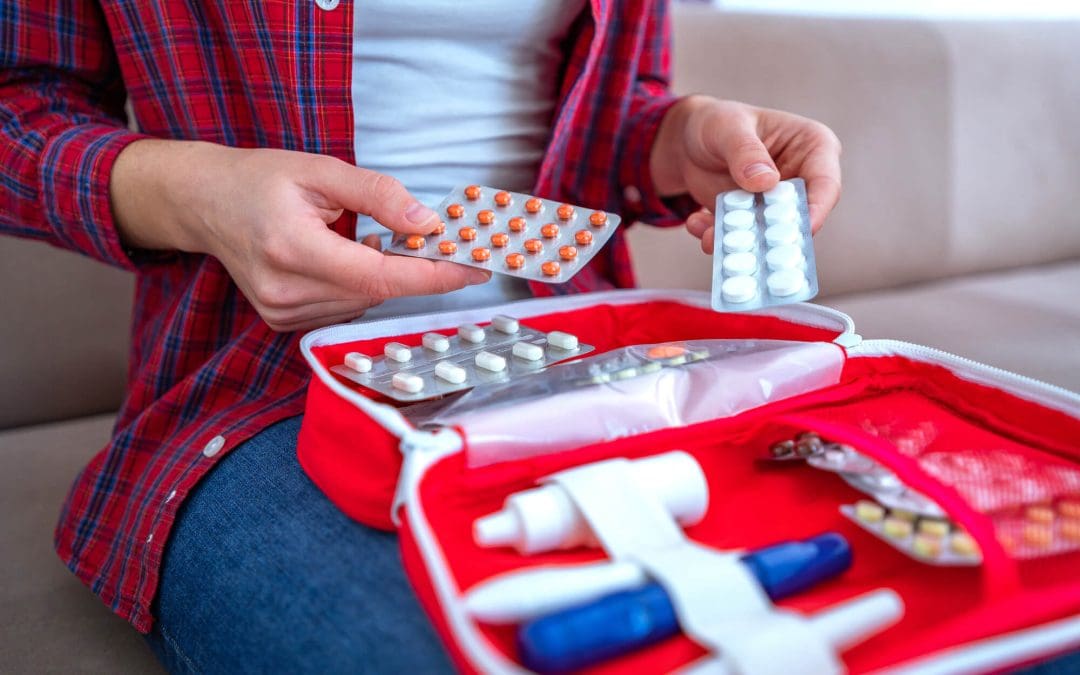Ensuring a home is safe requires more than locking the doors at night. Home safety is a multifaceted approach involving several layers of security measures to protect against various risks, including accidents, natural disasters, and break-ins. This blog post will discuss home safety essentials every homeowner should consider to safeguard their family and property.
1. Home Safety Essentials: Smoke and Carbon Monoxide Detectors
One of the most critical safety devices for any home is smoke and carbon monoxide (CO) detectors. These devices save lives by alerting occupants to smoke or CO, which can be deadly if undetected. Install smoke detectors on every level of your home, inside each bedroom, and outside sleeping areas. Carbon monoxide detectors are crucial near any fuel-burning appliance and in sleeping areas. Remember to test these devices monthly and replace batteries annually.
2. Fire Extinguishers
A fire extinguisher in your home can help you deal with small fires before they escalate into larger, uncontrollable blazes. Place fire extinguishers in key areas such as the kitchen, garage, and near heating appliances. Ensure every family member knows how to operate them safely.
3. Include an Emergency Kit in Your Home Safety Essentials
Having an emergency kit can be a lifesaver in a natural disaster or other emergencies. Your kit should include water, non-perishable food, first aid supplies, flashlights, batteries, a radio, and essential medications. Customize your emergency kit based on your family’s specific needs and the typical local natural disasters.
4. Security Systems
Modern security systems offer more than burglary protection; they can also provide remote home monitoring, alert you to fires or floods, and even let you control lights and locks remotely. Evaluate your home’s security needs and choose a system that fits your requirements and budget. Features like motion sensors, surveillance cameras, and smart locks can enhance your home’s security.
5. Safe Electrical Practices
Electrical hazards can pose significant risks in any home. Ensure your home’s electrical system is up to code by having it inspected by a qualified electrician. Avoid overloading outlets, use surge protectors, and keep electrical appliances and cords in good condition. Educate your family about the dangers of electrical shock and the importance of turning off appliances when not in use.
6. Home Safety Essentials: Childproofing
Childproofing your home is essential to prevent accidents if you have young children. Secure heavy furniture to the walls, install safety gates at stairways, use outlet covers, and keep hazardous materials like cleaning agents and medicines out of reach. Regularly review your home’s safety as your children grow and their abilities change.
7. Water Safety
For homes with pools or hot tubs, water safety is crucial. Install fences around pools, use pool covers, and never leave children unattended near water. Additionally, consider learning CPR and basic water rescue skills in case of an emergency.
Home safety is an ongoing process that adapts as your family’s needs evolve. By implementing these essential safety measures, you can significantly reduce the risks of accidents or harm in your home, giving you peace of mind and creating a safer environment for your family. Remember, the best safety plan is one that is understood and practiced by all family members.
Home Safety FAQs
How can I test the effectiveness of my home’s security system?
Regularly test your security system according to the manufacturer’s instructions. This might involve checking signal transmission with your monitoring service and ensuring motion detectors and alarms function correctly.
How often should I replace my smoke and carbon monoxide detectors?
Smoke and carbon monoxide detectors should be replaced every ten years from the date of manufacture, usually printed on the back of the device.
What should I do if my fire extinguisher is expired?
Expired fire extinguishers should be replaced. Contact your local fire department to inquire if they accept old extinguishers for disposal or recycling.
What is the best placement for surveillance cameras?
Position cameras at entry points where they can cover as much territory as possible. Ensure they are placed high enough to avoid being tampered with but low enough to capture clear images.
Imperial Inspection Services offers inspections to home buyers and sellers in Central Iowa. Contact us to schedule an appointment.

